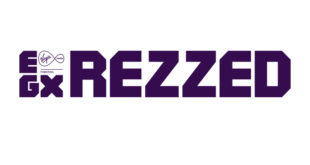The controversial Digital Economy Bill has been passed at Westminster, despite the persistent efforts of staunch opponents from the Liberal Democrats and even from within the Labour party but not, notably, the Conservatives
It means that the Government has won its battle to give itself the power to close down websites deemed guilty of sharing copyrighted material – a measure that drew fierce criticism from campaign groups and many MPs.
Whether this is good news for the games industry very much depends on who you ask. Some say the Bill threatens Britain’s digital integrity; Others believe it protects content creators from the menace of piracy.
An undeniable plus is that PEGI ratings are now legally binding, giving much needed credibility to the video games sector and its ability to counter accusations that games promote violence.
The final vote was attended by 236 MPs, though with so few present for the bulk of the debate, most decisions were in the end left to party whips. The combined forces of Labour and the Conservatives saw 189 ayes and just 47 noes.
Labour’s Tom Watson, an active campaigner for both the games industry and digital rights, admitted on Twitter that he’d gone against his party, stating: First time I’ve ever broken the whip in the chamber. I feel physically sick.”
Indeed, Watson was forthcoming with a string of fierce criticisms during tonight’s debate, stating:
There might be a deal with the Tory front bench and the Lib Dem front bench but there are 20,000 people who have taken the time to e-mail their MPs about this in the last seven days alone.
"They are extremely upset that this bill will not have the scrutiny it deserves and requires.”
Fellow Labour MP Kate Hoey went as far as to call the alleged cross-party deal a stitch-up”.

 MCV/DEVELOP News, events, research and jobs from the games industry
MCV/DEVELOP News, events, research and jobs from the games industry



